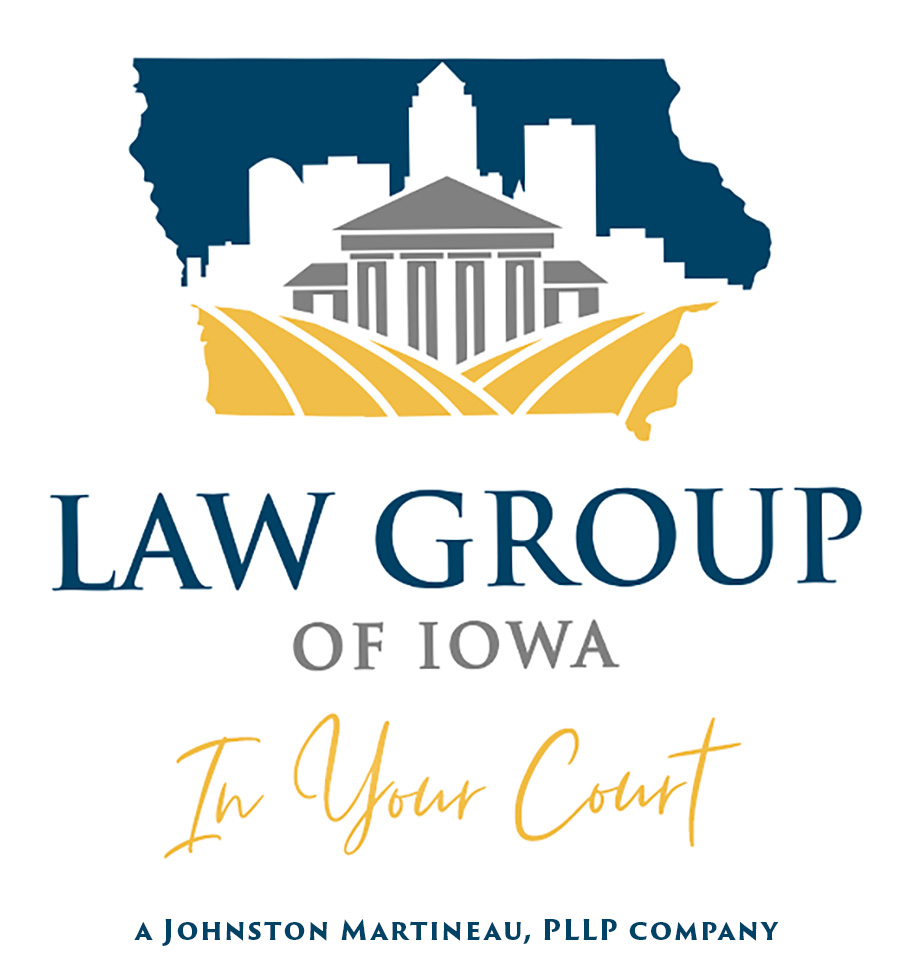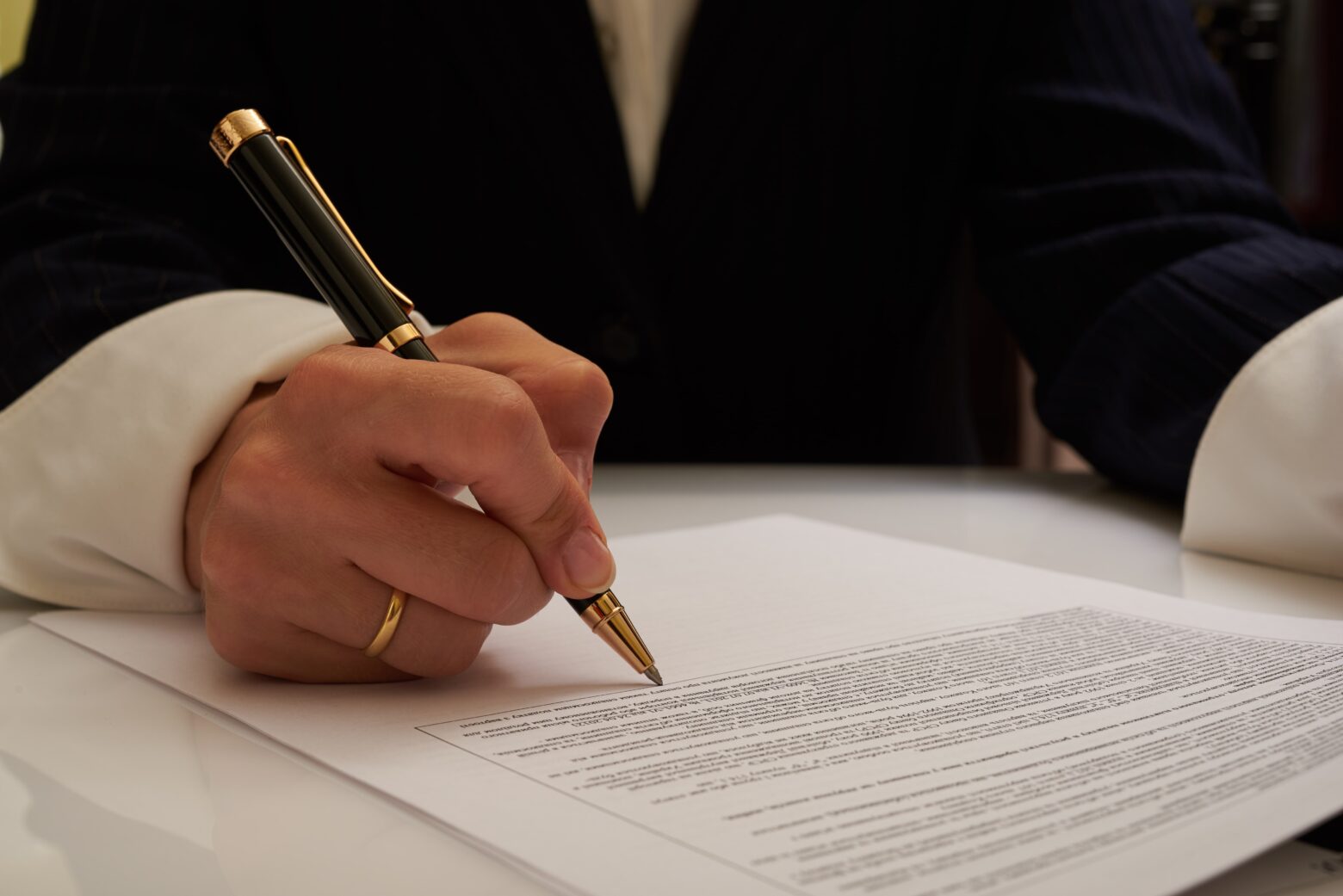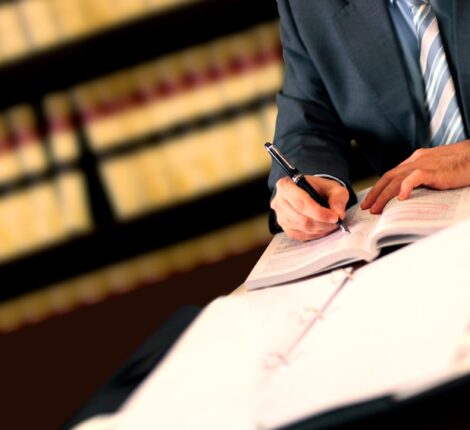Resolving Disputes With Legal Guidance
Probate, the legal process of administering an individual’s estate after their passing, often unfolds without complications. However, there are instances where disputes and conflicts arise among the involved parties. In such cases, the guidance of a skilled probate lawyer becomes invaluable in helping to resolve these issues and ensure a fair distribution of assets and property.
Common Probate Disputes
Will Contests: One of the most common probate disputes arises when someone challenges the validity of the decedent’s will. This can be due to allegations of undue influence, lack of testamentary capacity, or improper execution of the will.
Beneficiary Disagreements: Conflicts can emerge among beneficiaries regarding their share of the inheritance, interpretation of the will’s terms, or their rights to specific assets.
Creditor Claims: Creditors may file claims against the estate to recover debts owed by the deceased. These claims can sometimes be disputed or require negotiation.
Executor or Administrator Issues: Disagreements or disputes may occur between the estate’s executor or administrator and the beneficiaries or heirs regarding the administration of the estate.
Asset Valuation: Differences in assessing the value of assets within the estate can lead to disputes, especially when it impacts the distribution of assets.
Trust Disputes: If the decedent had established a trust, disputes can arise between the trust beneficiaries and the trustee over how the trust should be managed and assets distributed.
The Role Of A Probate Lawyer
In probate disputes, a probate lawyer plays a pivotal role in several key ways:
Legal Expertise: Probate attorneys are well-versed in estate and probate laws. They can provide comprehensive legal advice and guidance on how to address and resolve specific disputes.
Will Contests: In cases of will contests, a probate attorney can help gather evidence, build a strong case, and represent the interested party in court if litigation is necessary.
Creditor Claims: When creditors file claims against the estate, a probate lawyer can assess the validity of these claims, negotiate on behalf of the estate, and work to ensure that they are resolved fairly.
Beneficiary Rights: Probate attorneys can protect the rights and interests of beneficiaries, ensuring they receive their rightful inheritance and assisting in the interpretation and enforcement of the will’s terms.
Executor or Administrator Guidance: For disputes involving executors or administrators, probate lawyers can provide legal counsel to help them fulfill their duties and responsibilities appropriately.
Trust Management: In trust disputes, probate attorneys can represent beneficiaries or trustees in negotiations and litigation, working to resolve issues and ensure the trust is managed appropriately.
Court Representation: If disputes escalate to the point where litigation is necessary, a probate lawyer can represent their client’s interests in court, presenting a compelling case.
Document Preparation: Probate attorneys assist in preparing legal documents, petitions, and motions required to address and resolve disputes within the probate process.
When probate disputes arise, the expertise of a probate lawyer is essential in achieving fair and just resolutions. By seeking the assistance of our Des Moines, IA probate lawyer from the Law Group of Iowa, you can navigate the complexities of probate disputes and work toward the equitable distribution of assets and property in accordance with the decedent’s wishes and applicable laws.





